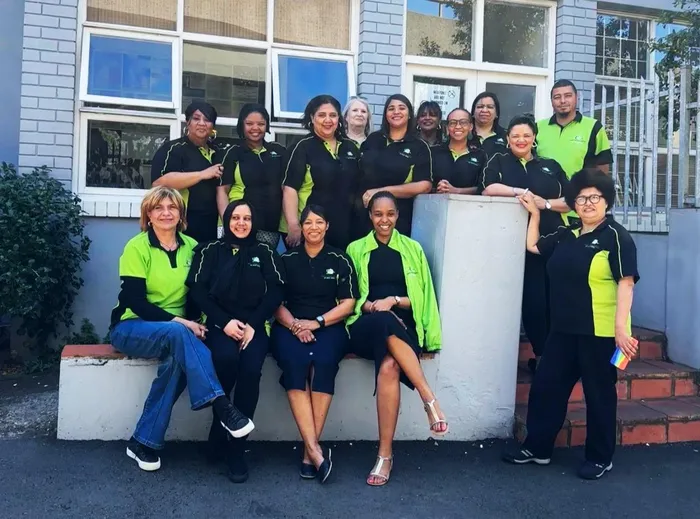
The Cape Mental Health team.
Image: Supplied
Cape Mental Health (CMH) commemorated World Mental Health Day on Friday, October 10, by addressing fears around healing and tackling violence as a mental health crisis.
The theme for this year’s World Mental Health Day, according to The World Federation for Mental Health (WFMH), was “Access to Services – Mental Health in Catastrophes and Emergencies.”
The Observatory-based non-profit, which provides mental health programmes to support its clients, stated that persistent violence in Cape Town, through ongoing gang and gender-based violence, alcohol and drug-related incidents, and taxi wars, acts as a catastrophe with severe mental health consequences.
Public relations and communications officer at CMH, Barbara Meyer, said exposure to violence erodes mental health, causing anxiety, depression, sleep problems, post-traumatic stress disorder, and strained relationships.
“Children and youth exposed to trauma face heightened emotional and behavioural challenges,” she said.
Ms Meyer said, Ms Meyer stated that according to the WFMH, one in five people exposed to catastrophes develops a diagnosable mental health condition; however, access to quality mental health services remains limited, particularly in low- and middle-income countries.
Ms Meyer said that the South African Federation of Mental Health (SAFMH) recognises violence as a national emergency and a public health crisis. “Poverty, inequality, rigid gender norms, and easy access to firearms and alcohol and drug addictions intensify the crisis, with devastating mental health consequences,” she said.
Ms Meyer said that violence in the country is both a social and mental health crisis, but it is preventable.
The CMH addresses the psychological effects of violence through several programmes, including:
The CMH urged stakeholders from different sectors to collaborate to address the mental health impacts of violence.
The organisation suggests:
For more information, visit Cape Mental Health or contact Ms Meyer at 021 447 9040 or info@cmh.org.za